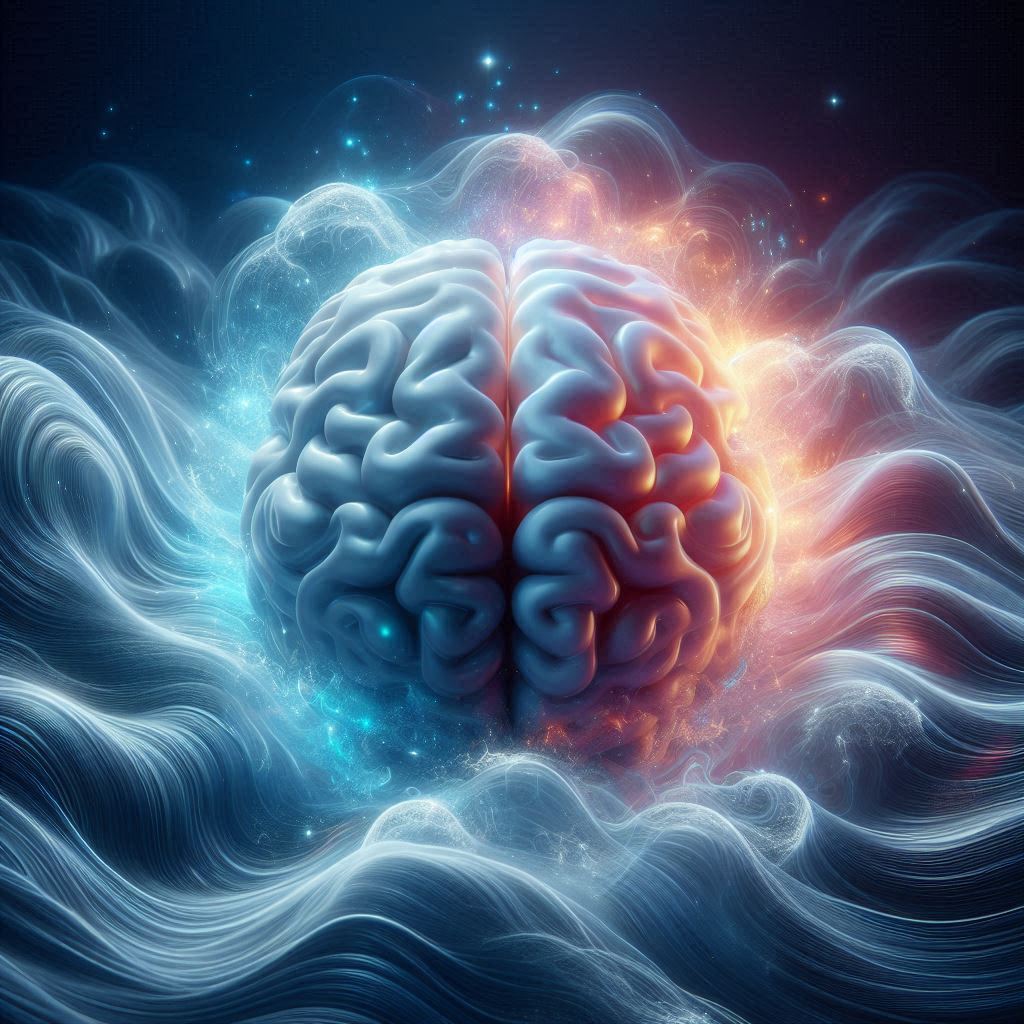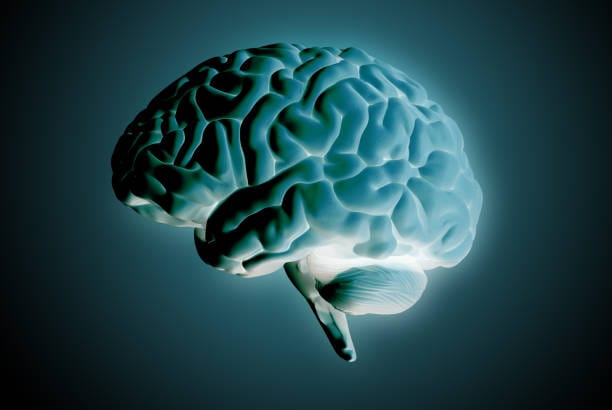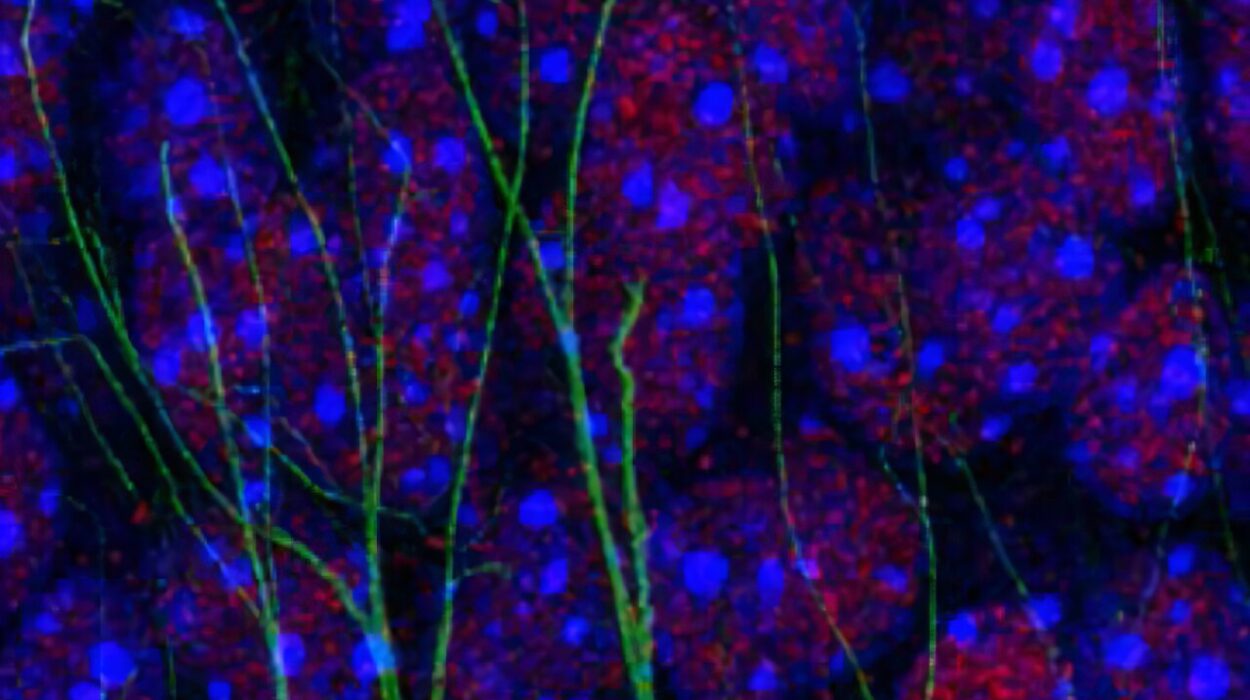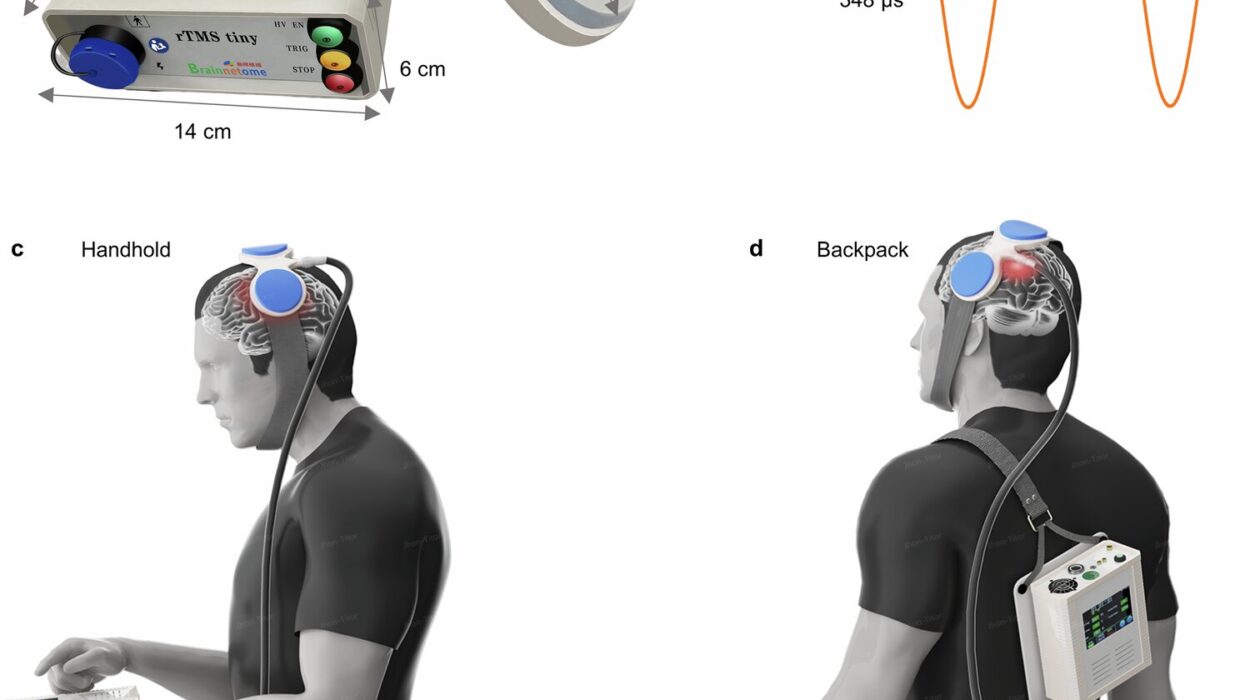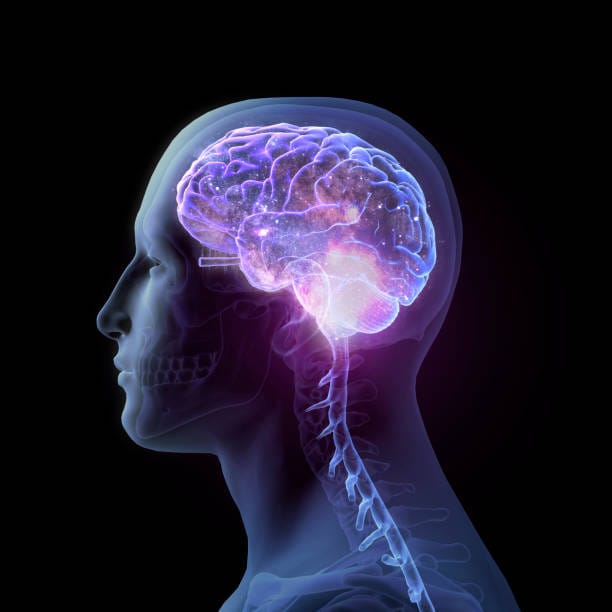Nearly everyone knows the feeling: you wake after a night of poor sleep, and the world feels slightly out of focus. Your mind drifts during conversation, your thoughts seem sluggish, and even simple tasks take more effort than they should. Scientists have long known that sleep is essential for attention, learning, and emotional balance—but what exactly happens in the brain when those mental gears start slipping after too little rest?
A new study from researchers at the Massachusetts Institute of Technology (MIT), published in Nature Neuroscience, offers a remarkable glimpse into that process. The team discovered that during brief lapses of attention—those fleeting moments when your mind “zones out”—waves of cerebrospinal fluid (CSF) flow in and out of the brain. These rhythmic pulses are part of a natural cleansing system that normally operates during deep sleep, washing away waste products that accumulate during waking hours. But when we’re sleep-deprived, the brain seems to force these cleaning cycles into our waking state, with one major side effect: it makes us lose focus.
The findings open an entirely new window into how sleep and attention are intertwined, and they highlight just how deeply the body’s physical rhythms shape our mental clarity.
The Brain’s Hidden Cleaning System
The human brain is surrounded by a clear, watery fluid known as cerebrospinal fluid. This liquid cushions the brain, transports nutrients, and, crucially, flushes out cellular waste produced during daily neural activity. For years, neuroscientists have suspected that one of the primary purposes of sleep is to allow this waste removal system—sometimes described as the brain’s “garbage disposal”—to operate efficiently.
In 2019, MIT researcher Laura Lewis and her colleagues revealed that CSF flow during sleep follows a rhythmic, wave-like pattern. It pulses in and out of the brain in sync with slow brain waves and changes in blood flow. These coordinated rhythms seem to be the mechanism through which the brain clears toxins, such as the beta-amyloid proteins linked to Alzheimer’s disease.
But Lewis wanted to know: what happens to this cleansing process when we don’t sleep? If the brain needs these fluid waves to stay healthy, how does it cope when rest is cut short?
A Window into the Sleep-Deprived Brain
To find out, Lewis’s team recruited 26 volunteers for a carefully controlled experiment. Each participant took part in two sessions—one after a full night’s sleep and another after staying awake all night in the lab. In both cases, the volunteers underwent a series of attention tests while their brain and body activity were monitored.
Inside a functional magnetic resonance imaging (fMRI) scanner, participants wore electroencephalogram (EEG) caps to record their brain waves. The researchers also measured their heart rate, breathing, and pupil size—parameters that reflect changes in alertness and autonomic function. During the scans, participants performed visual and auditory attention tasks. For example, they were asked to stare at a cross on a screen and press a button whenever it briefly changed into a square, or to respond to a sudden tone.
As expected, sleep-deprived participants struggled more. Their reaction times slowed, and sometimes they failed to respond at all—a hallmark of “microsleeps,” brief moments when the brain slips into a state resembling sleep. But what astonished the researchers was what happened inside the brain during those lapses.
At the precise moments when attention failed, the fMRI revealed a wave of cerebrospinal fluid being expelled from the brain. Then, as attention returned, the fluid flowed back in.
“The results are suggesting that at the moment that attention fails, this fluid is actually being expelled outward away from the brain. And when attention recovers, it’s drawn back in,” Lewis explained.
In essence, the sleep-deprived brain was trying to clean itself while awake—sending CSF through the same flushing motions that normally occur during deep sleep.
When the Brain Tries to Sleep While Awake
This strange phenomenon suggests that the brain doesn’t simply “need” sleep—it actively tries to recreate it when deprived. The researchers believe that the brain, starved of rest, begins to force brief, local episodes of sleep into wakefulness to restore balance.
“Your brain’s fluid system is trying to restore function by pushing the brain to iterate between high-attention and high-flow states,” said Zinong Yang, the study’s lead author. “Because your brain is so in need of sleep, it tries its best to enter into a sleep-like state to restore some cognitive functions.”
However, these mini-cleansing waves come with a tradeoff. During each pulse of CSF flow, attention plummets. The brain is effectively multitasking between staying awake and performing essential maintenance—a strategy that helps keep it functioning but leaves us mentally foggy and error-prone.
This finding provides a biological explanation for why sleep deprivation feels like swimming through mental mud. Our brains are literally dipping in and out of sleep-like states, sacrificing attention to make up for lost restoration time.
The Body Feels It Too
What makes this discovery even more fascinating is that these events aren’t limited to the brain. The MIT team observed coordinated changes across the entire body.
When a lapse of attention occurred, participants’ pupils constricted, their breathing slowed, and their heart rate dropped—all signs of reduced arousal. The pupil constriction even began several seconds before the CSF pulse, suggesting that the brain and body were preparing for the event in a tightly synchronized way.
“It seems like this isn’t just a phenomenon in the brain—it’s also a body-wide event,” Lewis said. “There’s a tight coordination of these systems, where when your attention fails, you might feel it psychologically, but it’s also reflecting an event happening throughout the brain and body.”
This kind of coordination points to a unified neural circuit—a single system that regulates both high-level mental states and basic physiological rhythms.
A Unified Circuit of Mind and Body
The study’s results hint that attention, arousal, and fluid flow in the brain may be governed by the same neural network. The researchers suspect that the noradrenergic system—a network that uses the neurotransmitter norepinephrine—is a likely candidate.
This system originates in a small brainstem region called the locus coeruleus, which plays a central role in regulating alertness, sleep cycles, heart rate, and blood vessel constriction. During normal sleep, the noradrenergic system oscillates between active and quiet states, driving the rhythms of both neural activity and bodily functions.
If this system becomes unstable during sleep deprivation, it might trigger those sleep-like pulses of CSF flow seen in the study. The brain, in essence, starts flipping its internal switch between wakefulness and maintenance mode, trying to balance the need for alertness with the biological imperative to clean itself.
This unified perspective challenges the traditional idea that mental functions like attention and physical processes like heart rate are separate domains. Instead, it paints a picture of the brain and body as one synchronized machine—each heartbeat, breath, and neural pulse intertwined.
Why Sleep Is More Than Rest
This study reinforces an increasingly clear truth: sleep is not simply a passive state of rest but a vital process of renewal. During deep sleep, the brain undergoes a series of complex housekeeping activities. Waste products from metabolism are flushed away, neural connections are fine-tuned, and memory consolidation takes place.
When we cut sleep short, those processes don’t just disappear—they start to intrude into wakefulness, stealing attention and mental clarity as the brain fights to recover balance. It’s as though the mind is performing emergency maintenance while still trying to drive the car.
Over time, chronic sleep deprivation has profound consequences. Studies have linked it to cognitive decline, mood disorders, and increased risk of neurodegenerative diseases. The new findings from MIT offer one possible explanation: without consistent CSF flow during sleep, harmful waste could gradually accumulate, damaging brain cells and impairing neural circuits.
The Broader Implications
The discovery of waking CSF waves opens new frontiers in neuroscience and medicine. Understanding how the brain’s fluid system interacts with attention and arousal could lead to breakthroughs in treating conditions such as insomnia, attention-deficit disorders, and neurodegenerative diseases.
It also highlights the importance of protecting sleep as a biological necessity rather than a luxury. In modern life—where screens glow late into the night and schedules rarely slow down—many people underestimate the cost of missing even a few hours of rest. But the brain remembers. It compensates in ways that subtly undermine focus, productivity, and long-term health.
This research is a vivid reminder that sleep is not a choice but a physiological requirement as fundamental as breathing or eating.
A Glimpse into the Brain’s Quiet Wisdom
There’s something deeply poetic about the brain’s behavior in these experiments. Even in exhaustion, it tries to heal itself—sending waves of cleansing fluid through its tissues, momentarily dimming consciousness to perform its invisible work.
In those seconds when our minds drift, when we lose our grip on the task at hand, our brains may be protecting us, cleaning and recalibrating for the next moment of focus. This intimate dance between sleep and wakefulness, between attention and restoration, reveals a delicate intelligence at the heart of our biology.
Sleep, it seems, is not merely a shutdown—it is a symphony of rhythms that keeps us alive, attentive, and whole.
More information: Attentional failures after sleep deprivation are locked to joint neurovascular, pupil and cerebrospinal fluid flow dynamics, Nature Neuroscience (2025). DOI: 10.1038/s41593-025-02098-8.
